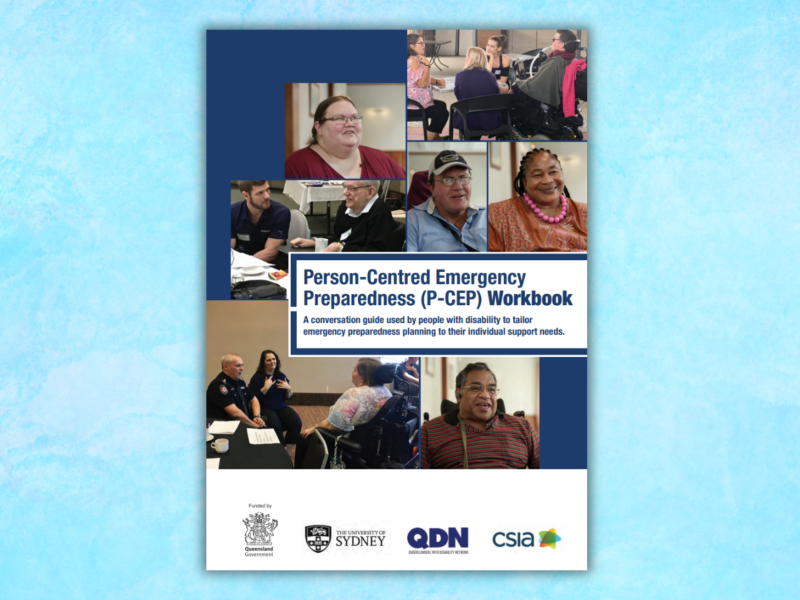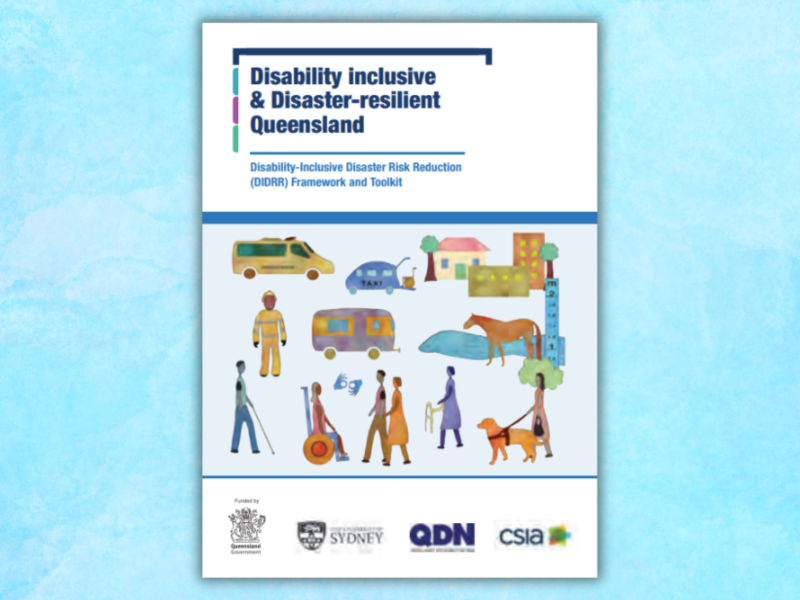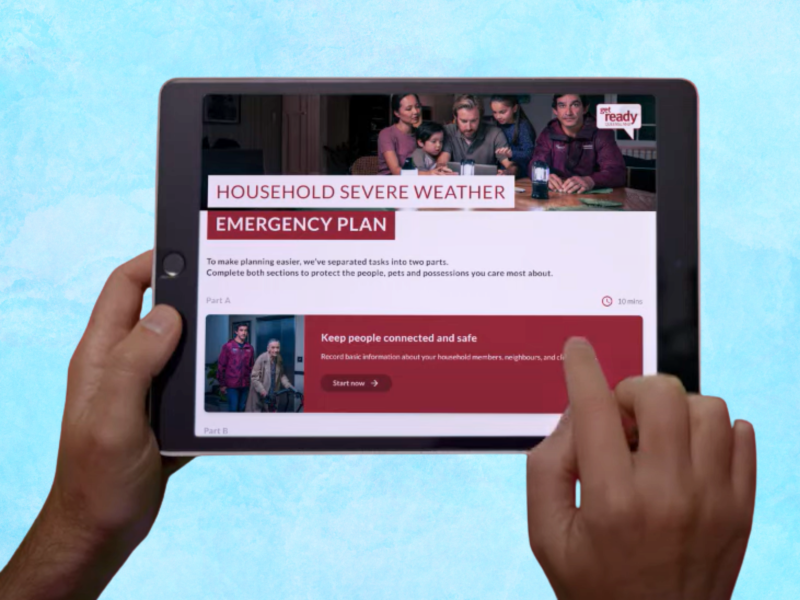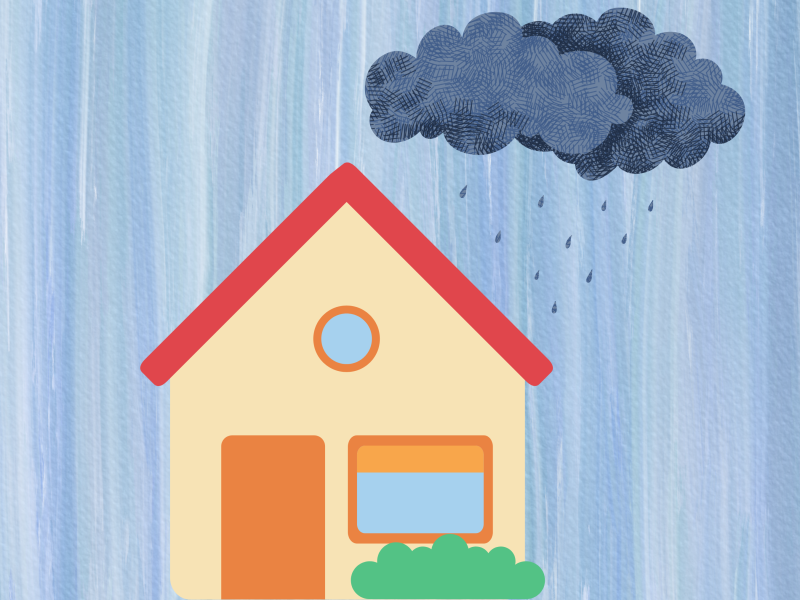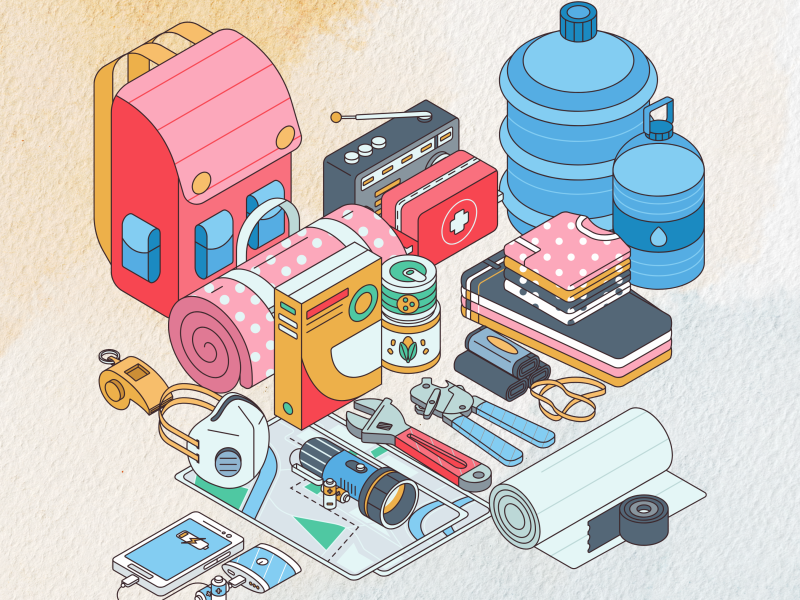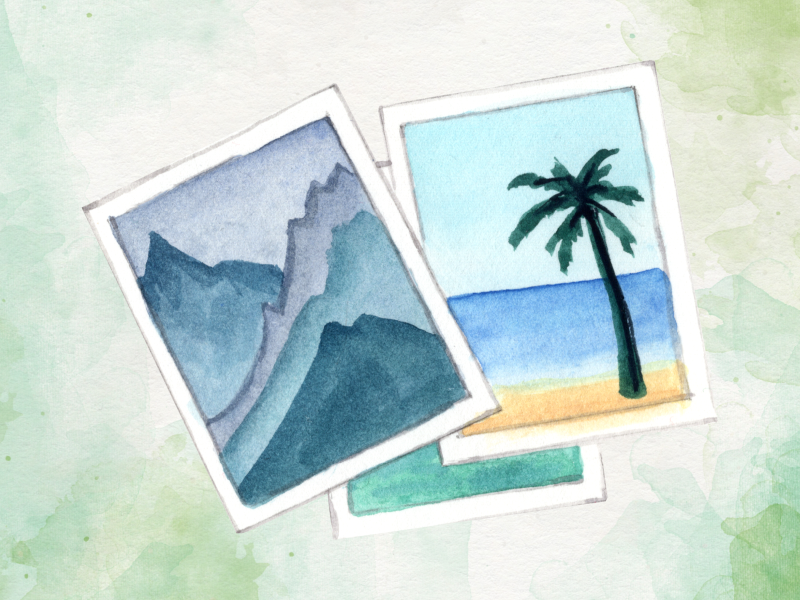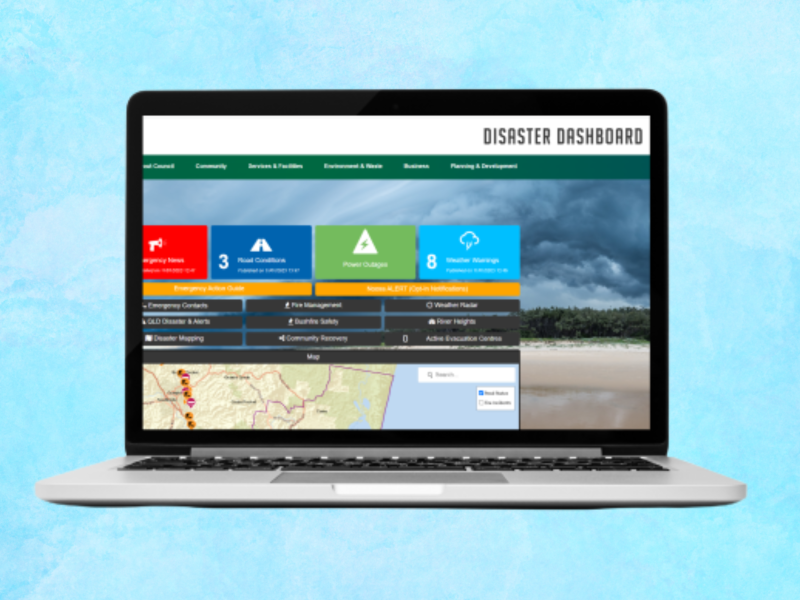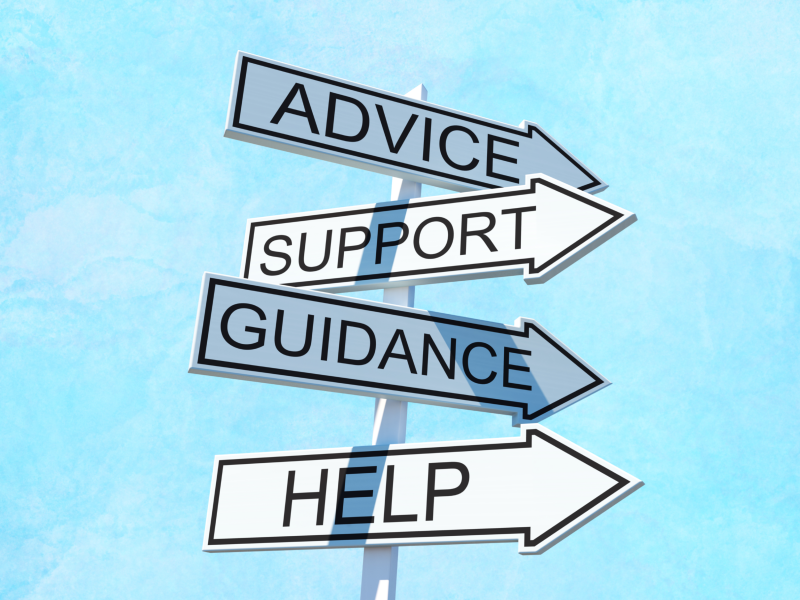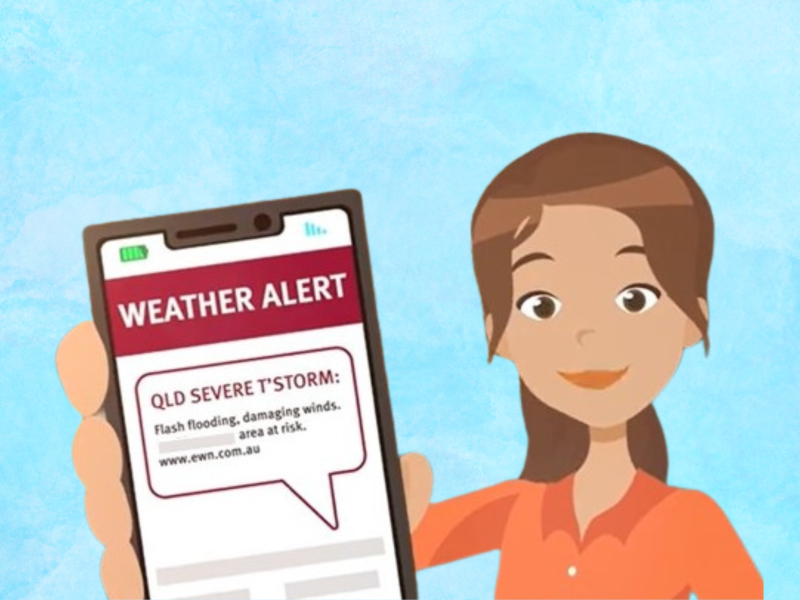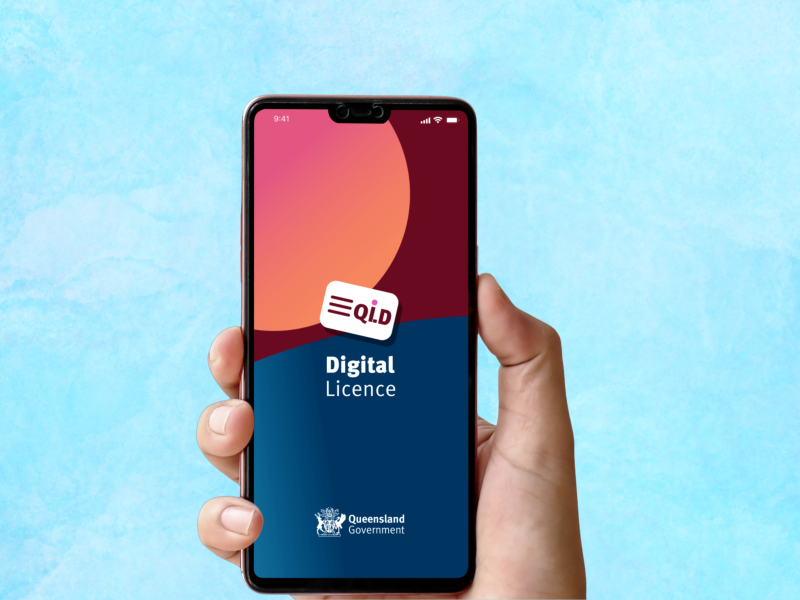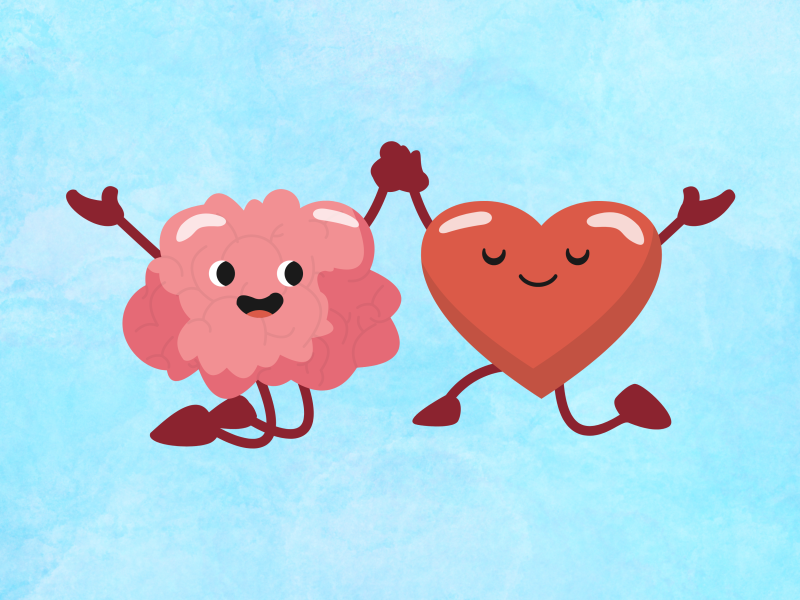People with disability can face extra challenges during a severe weather event
Severe weather can happen fast, and having a person-centred emergency plan helps you and your support people know what to do before, during and after it happens.
Get Ready Queensland knows that many places are not fully accessible, and that people with disability already use strong problem-solving skills every day. These skills can help you stay safe in an emergency.
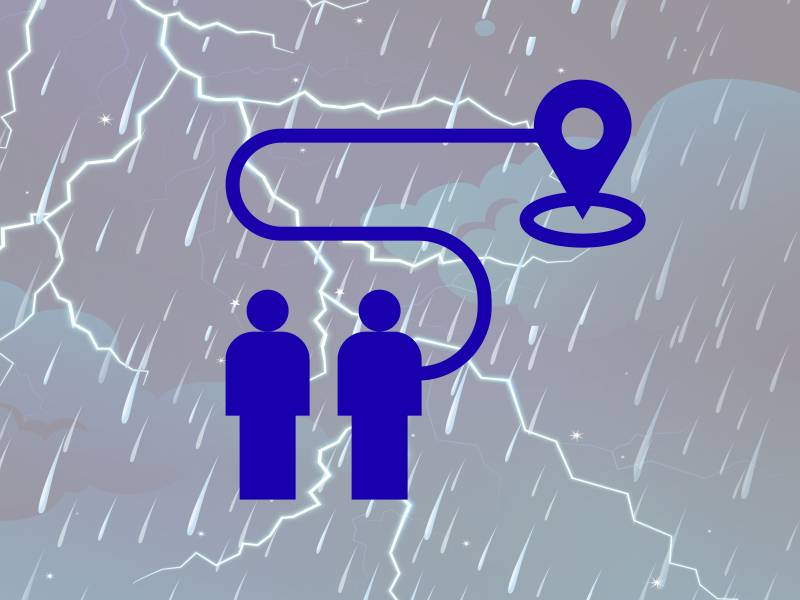
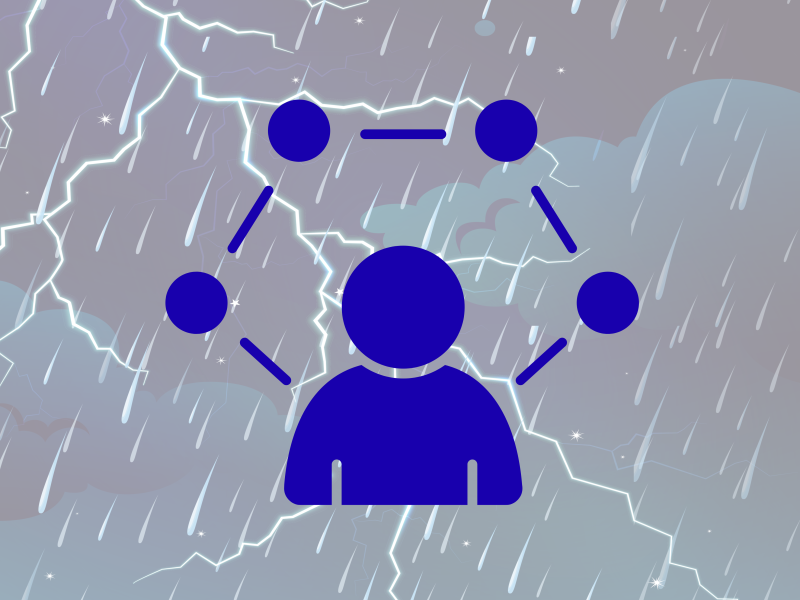
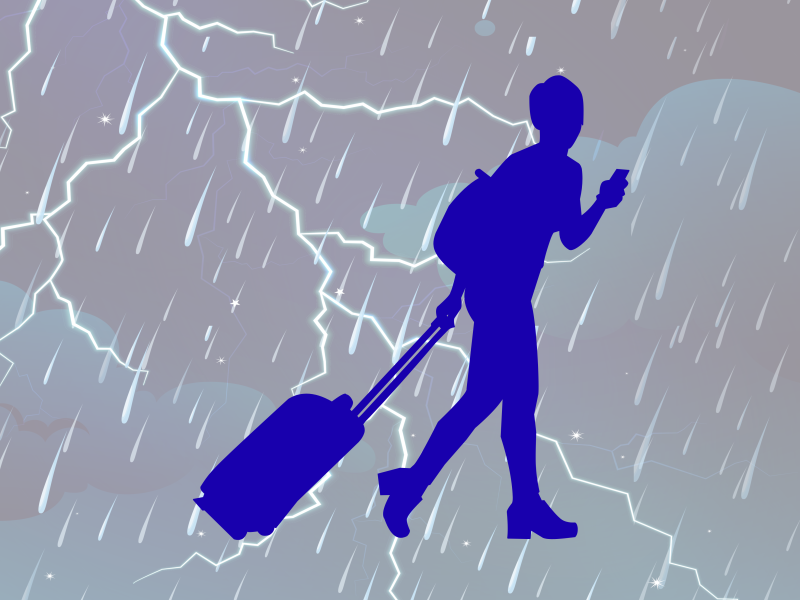
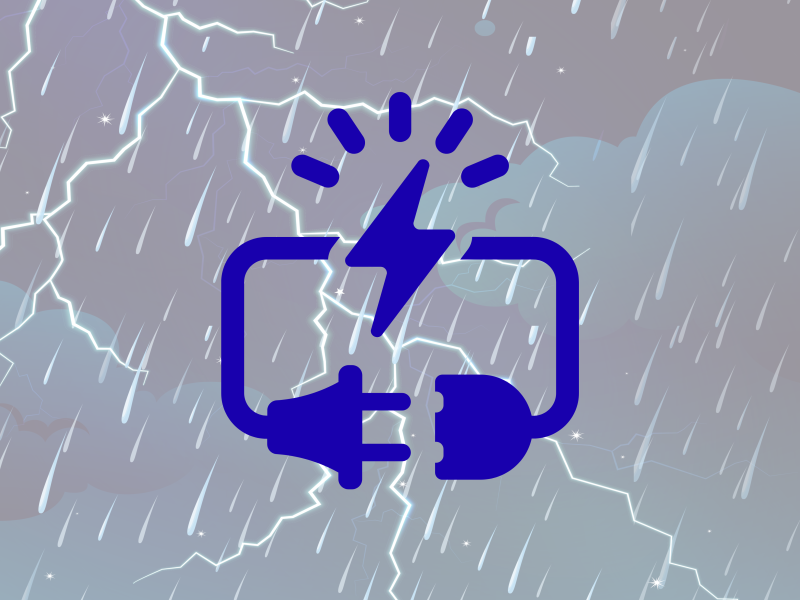
If you have support needs that make emergencies harder, you can get tips here to help you plan and stay safe.
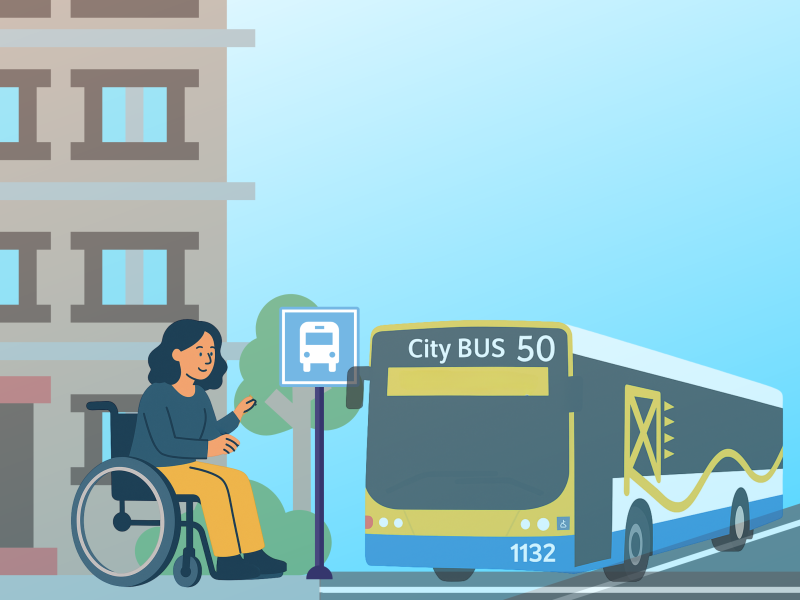
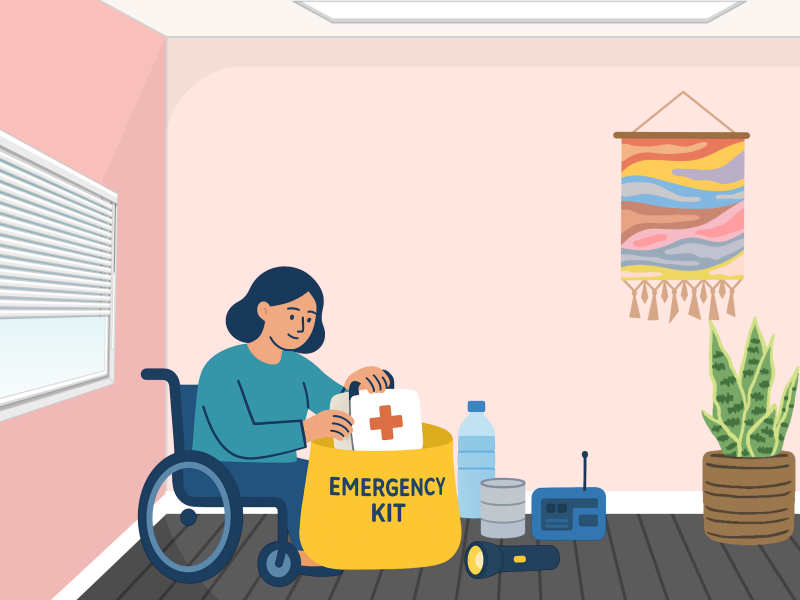
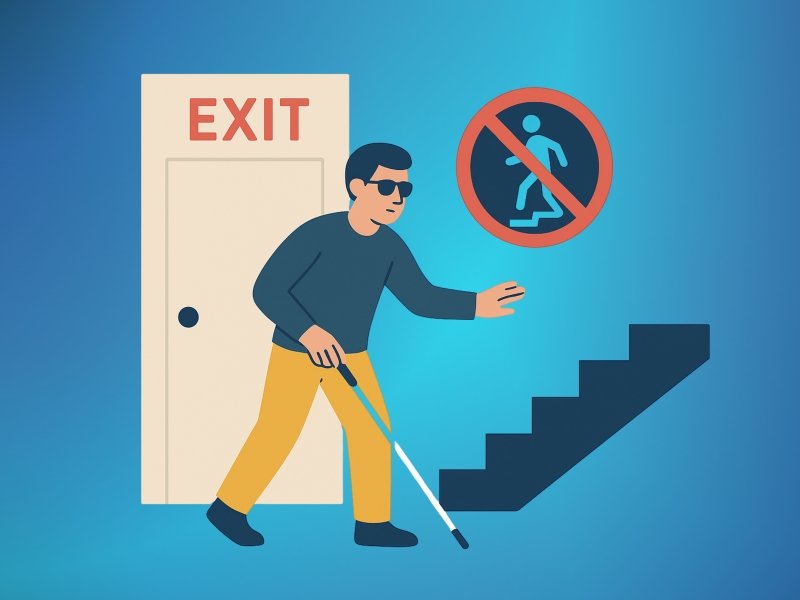
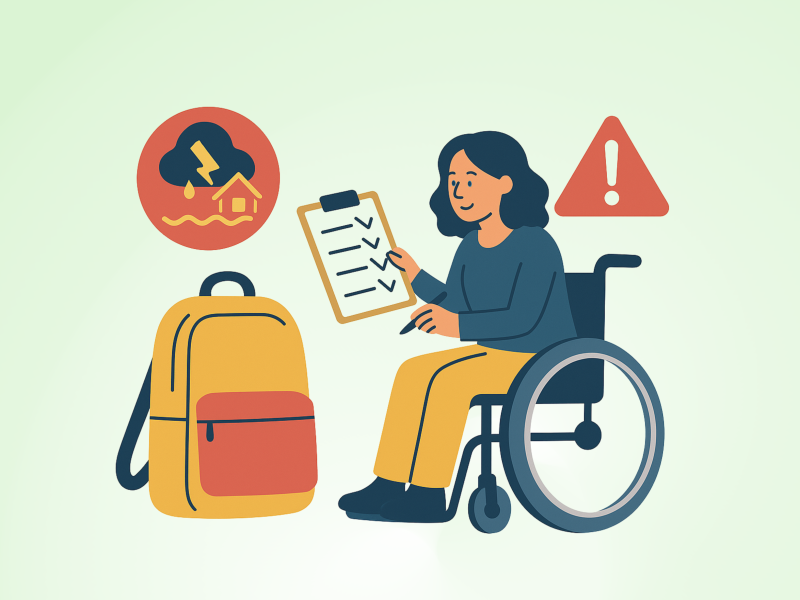
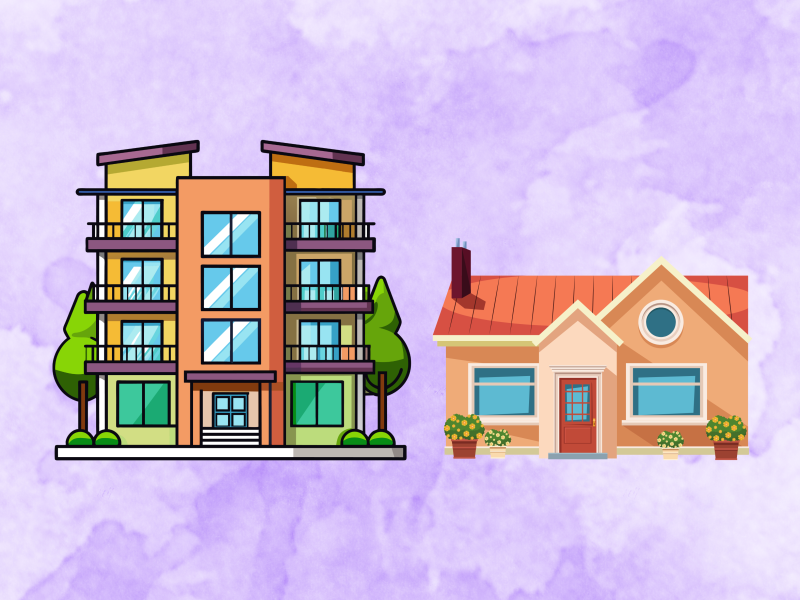
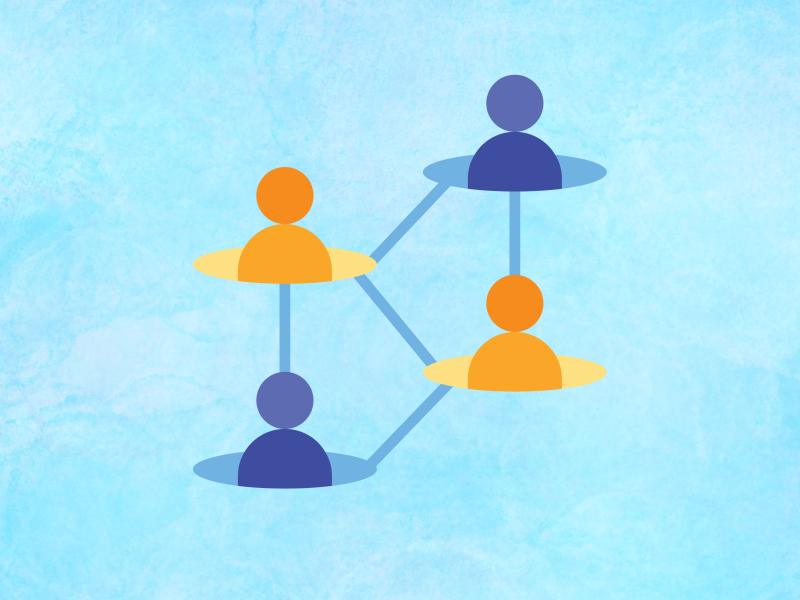
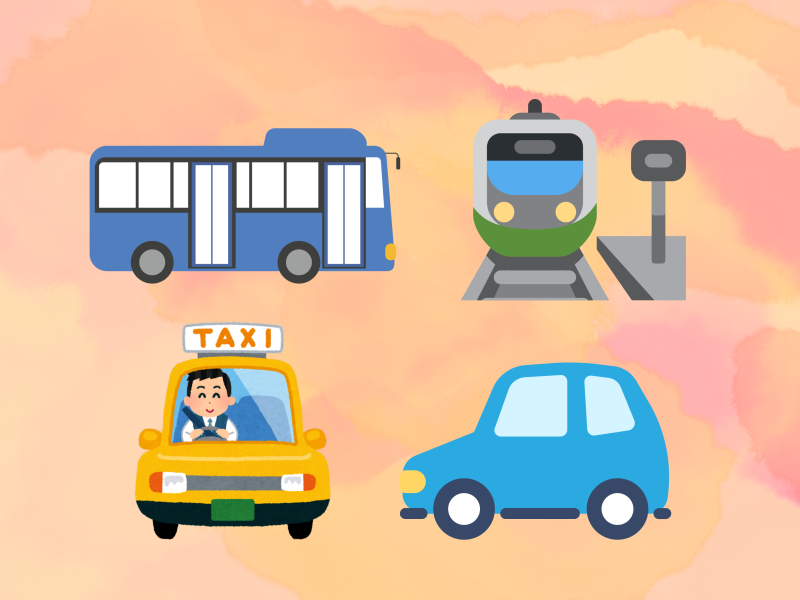
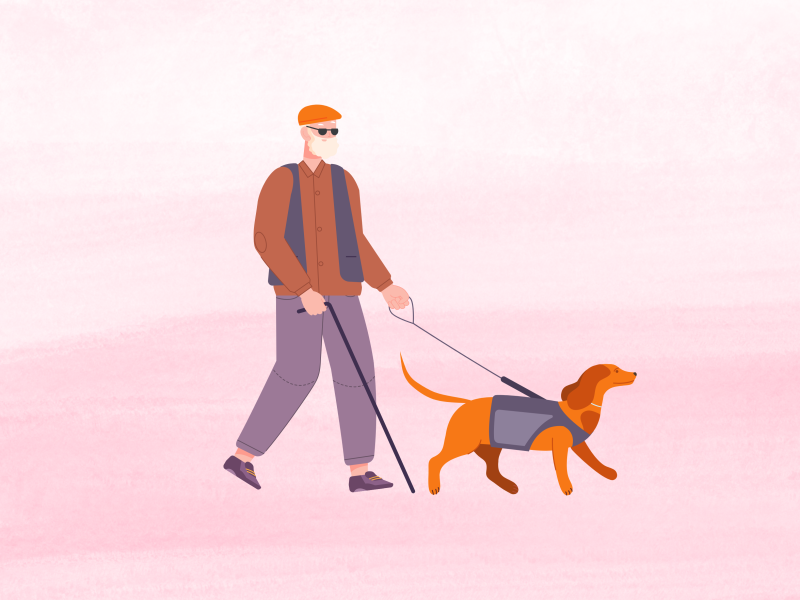
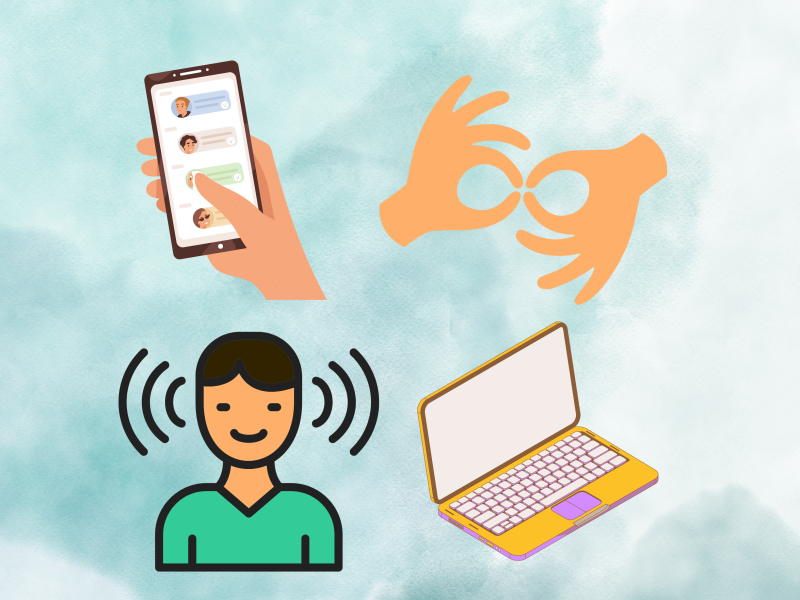
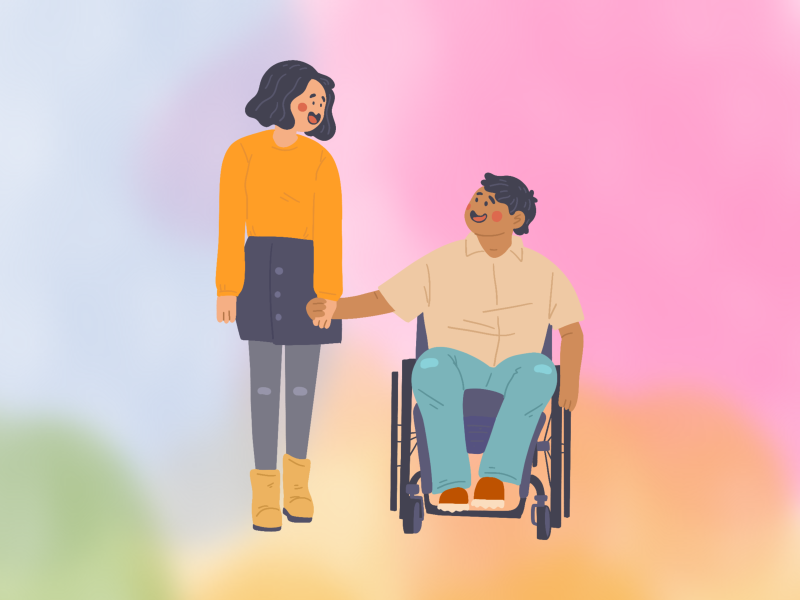
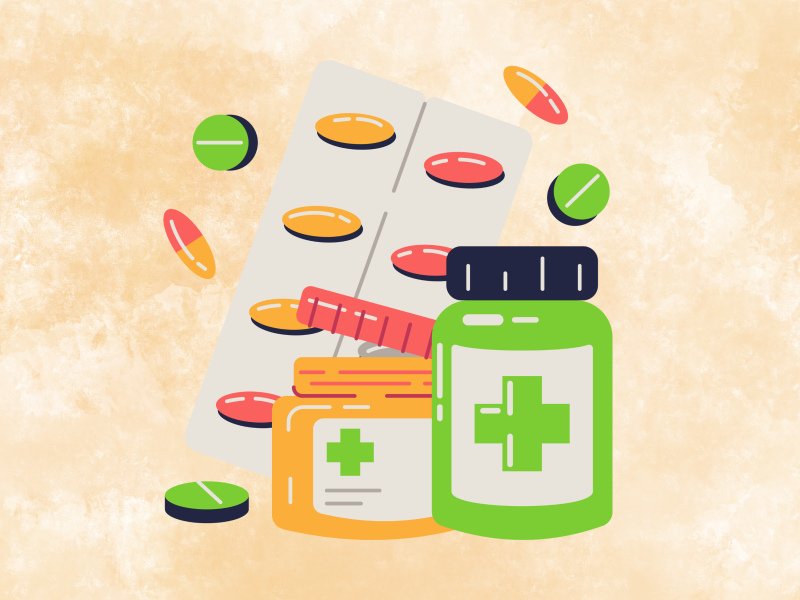
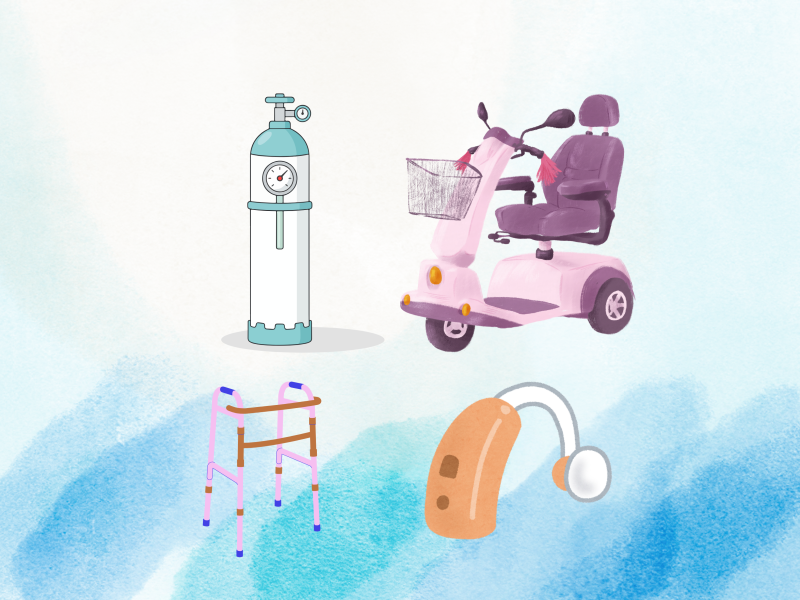
One of the best ways to get ready for severe weather is to learn from people who have been through it before.
Talking to people in your network like your family, friends, neighbours, support workers or community group can help you understand:
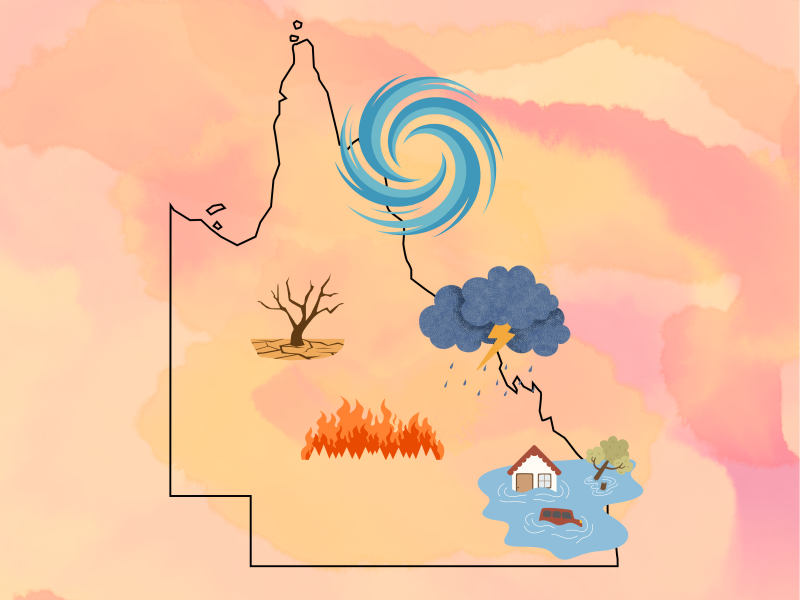
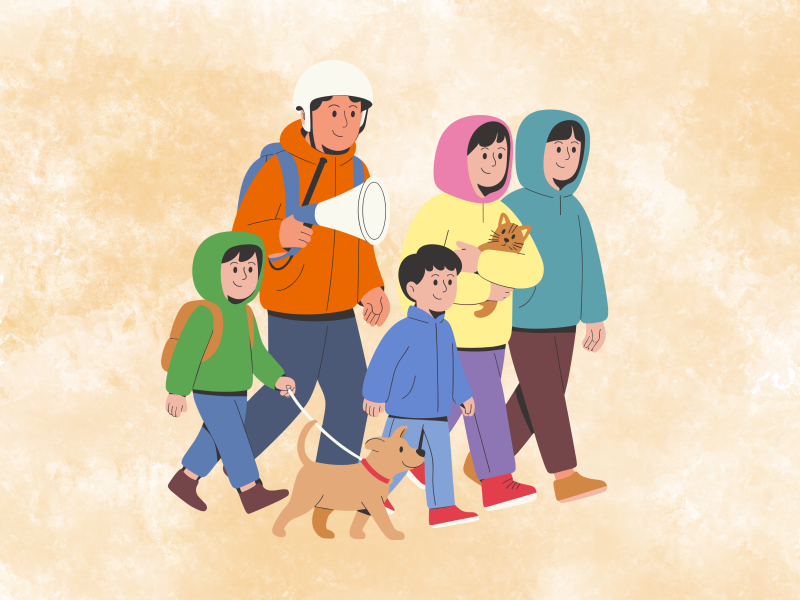
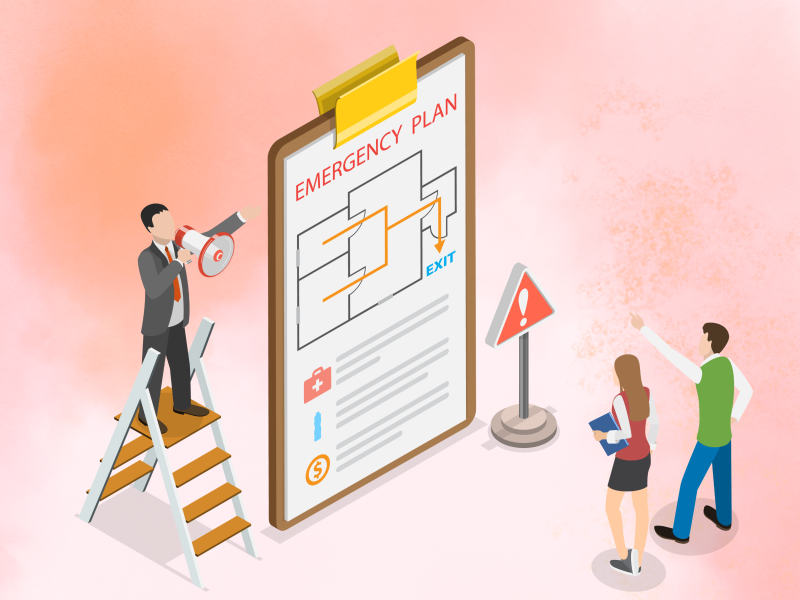
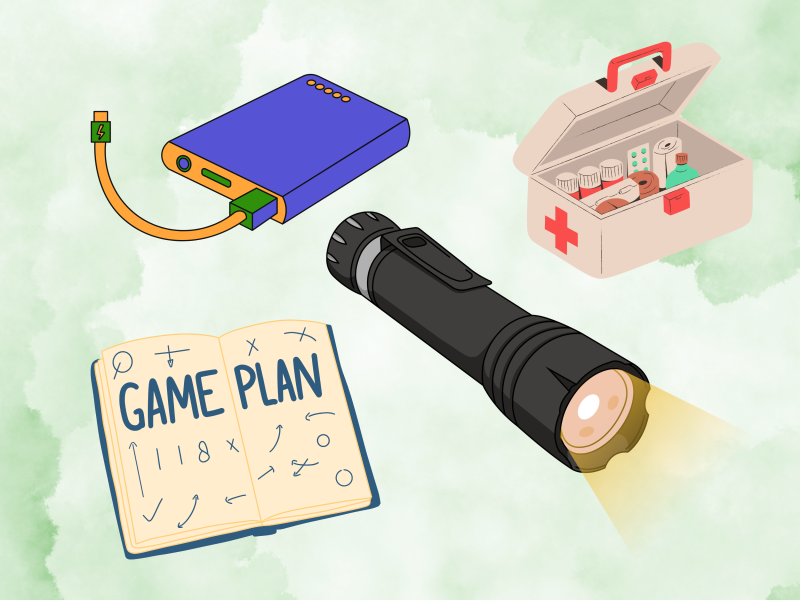
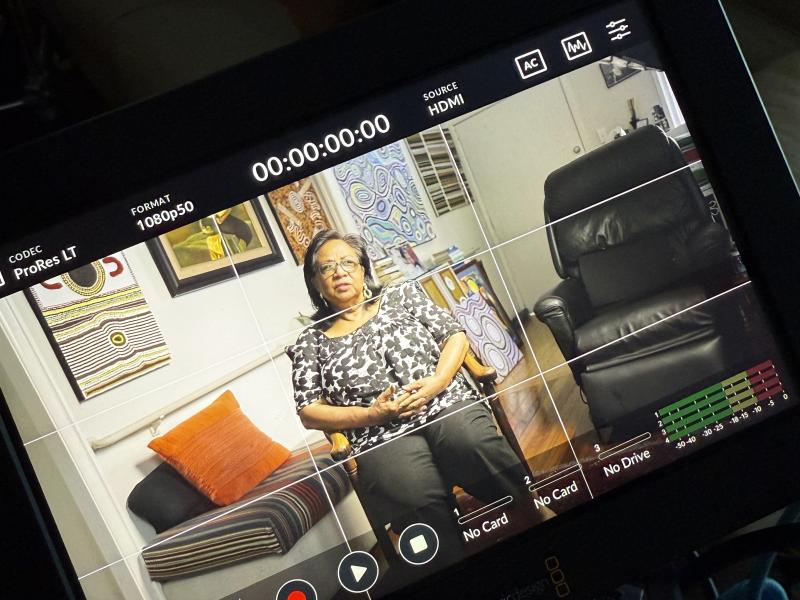
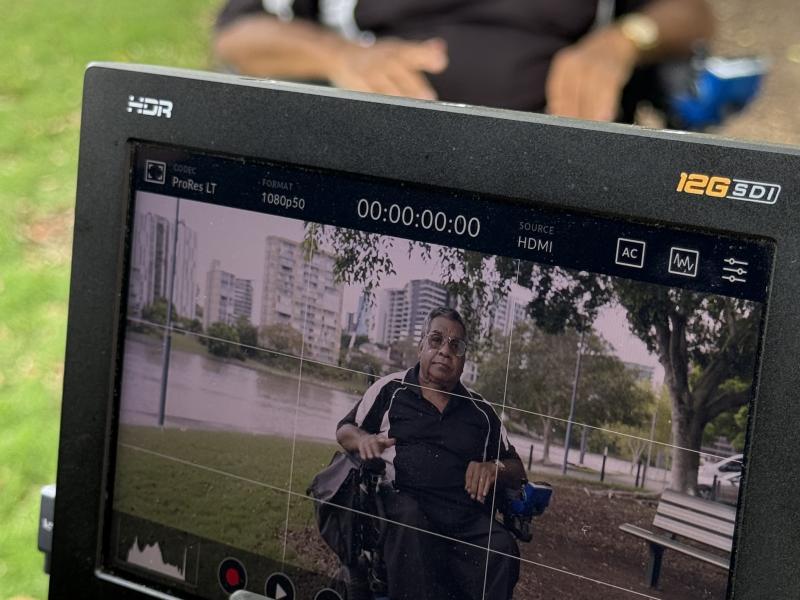
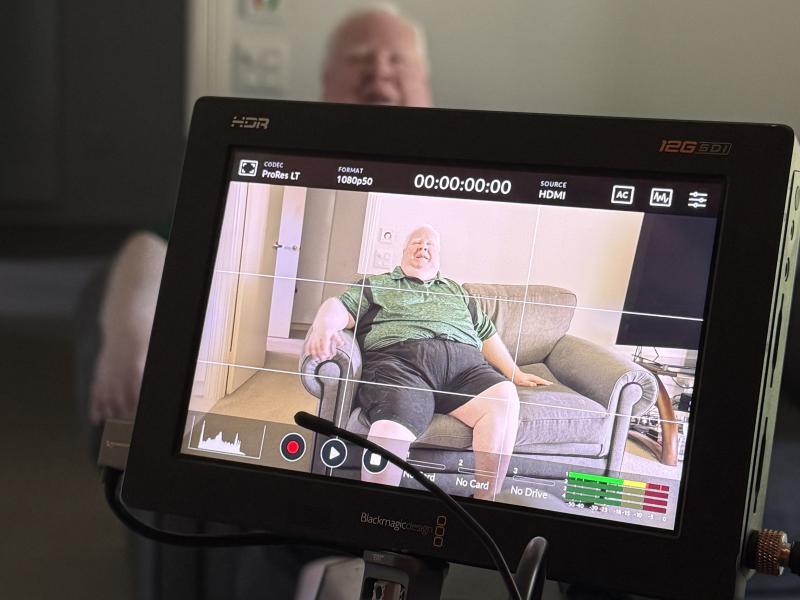
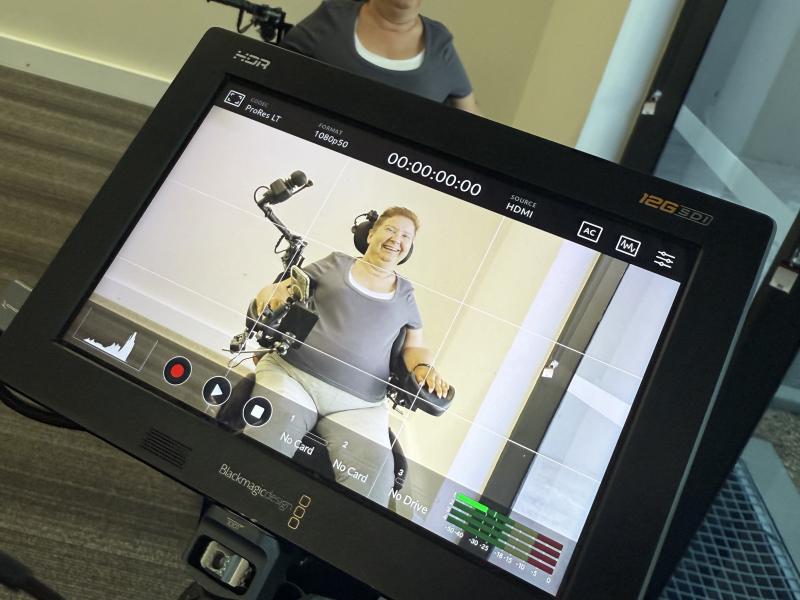
Emergeny Contacts
| Service | Contact |
|---|---|
| Police, Fire or Ambulance | Call 000 |
| SMS Relay Service | Text 0423 677 767 |
| Voice Relay Service | Call 1300 555 727 |
| TTY (Text Telephone) Service | Call 133 677 |
| National Telephone Interpreter Service | Call 1800 131 450 |
